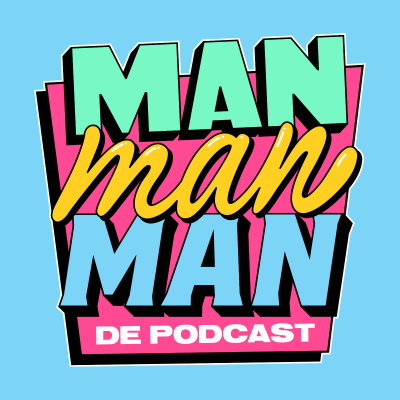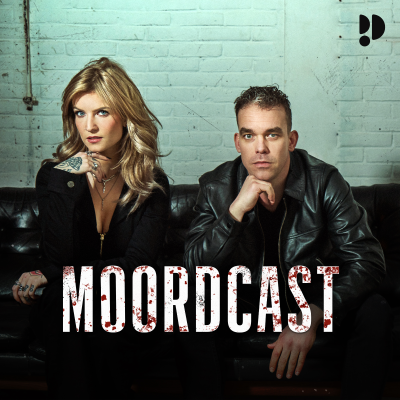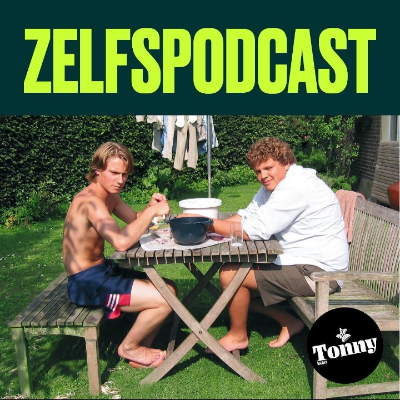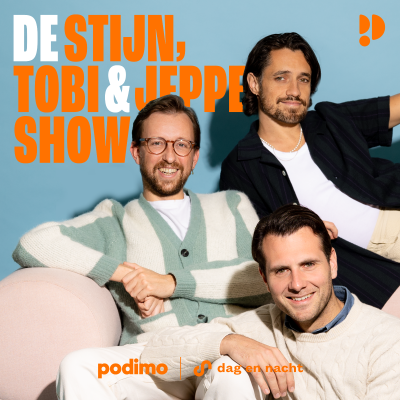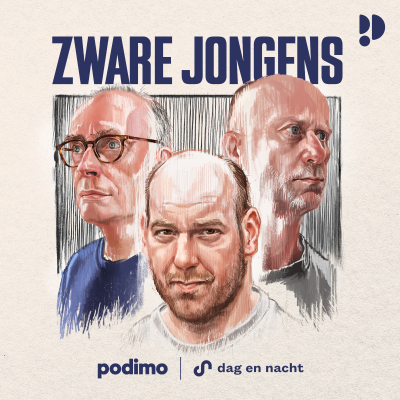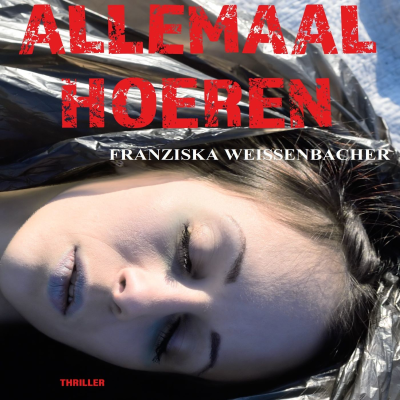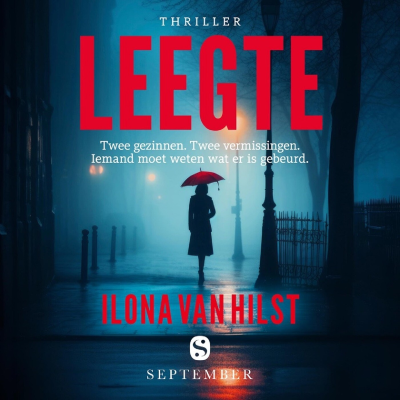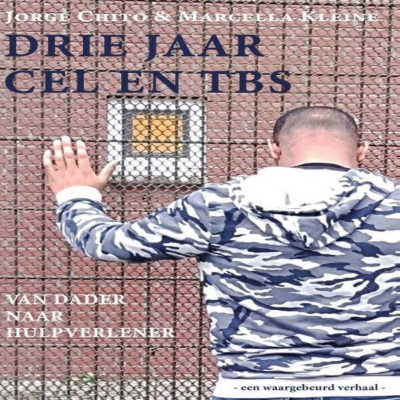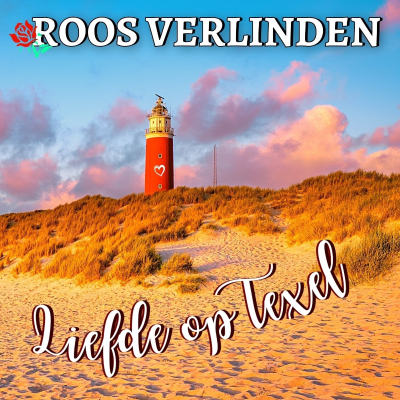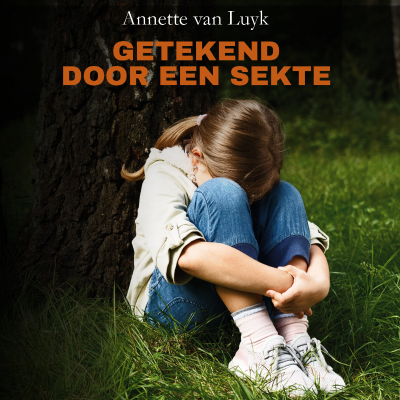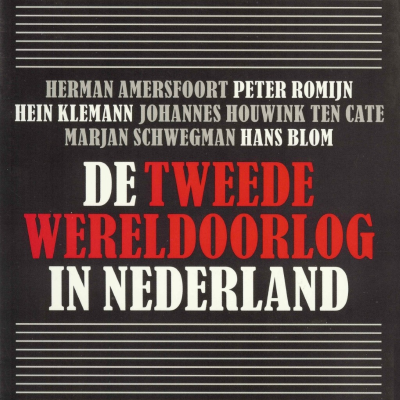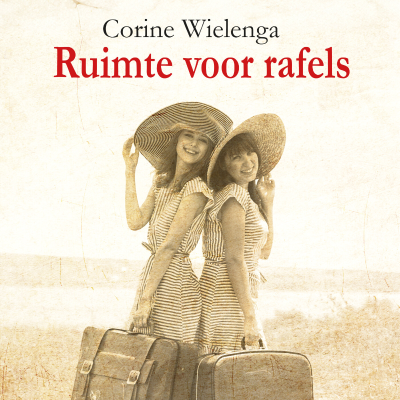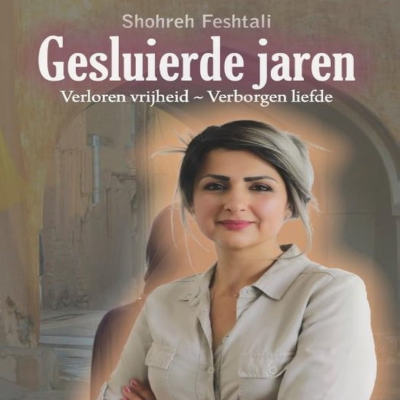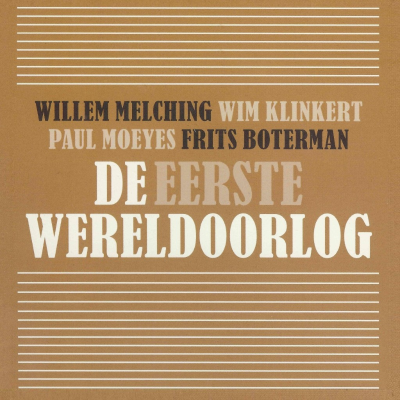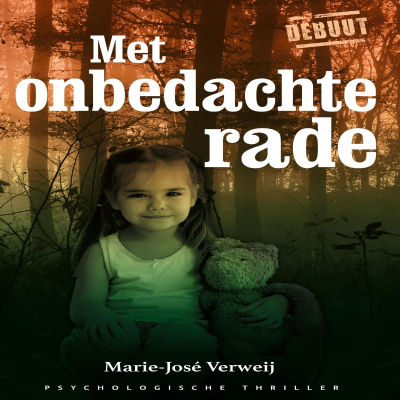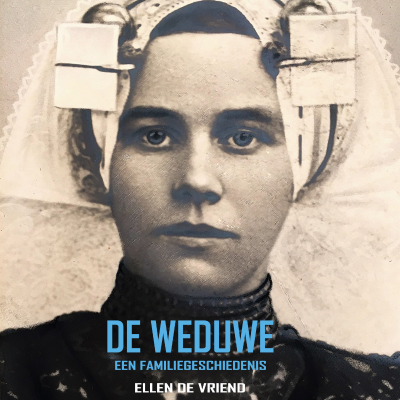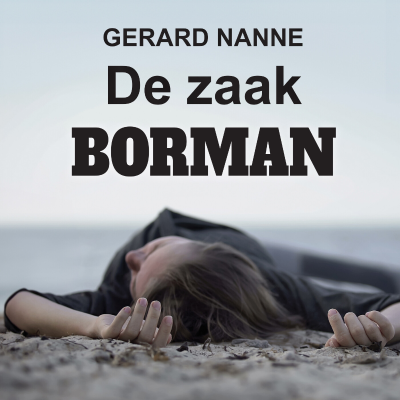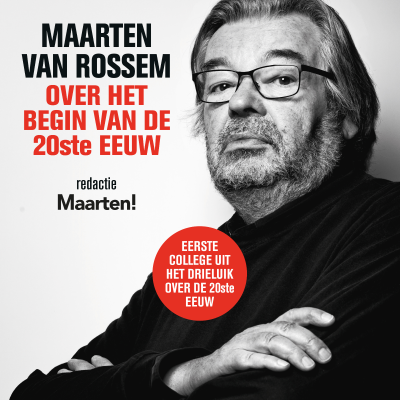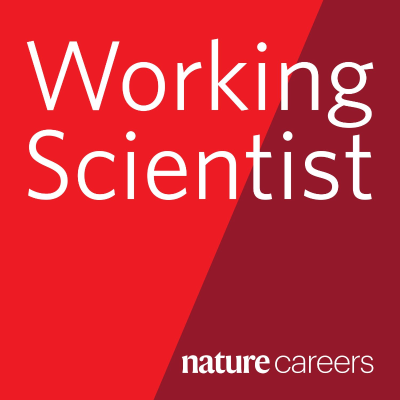
Working Scientist
Podcast door Nature Careers
Working Scientist is the Nature Careers podcast. It is produced by Nature Portfolio, publishers of the international science journal Nature. Working Scientist is a regular free audio show featuring advice and information from global industry experts with a strong focus on supporting early career researchers working in academia and other sectors. Hosted on Acast. See acast.com/privacy for more information.
Tijdelijke aanbieding
3 maanden voor € 1,00
Daarna € 9,99 / maandElk moment opzegbaar.
Alle afleveringen
229 afleveringenRana Dajani studies epigenetics of trauma in vulnerable communities around the world. A molecular biologist based at the Hashemite University in Zarqa, Jordan, her research explores what genes are turned on and off through trauma and if they are transferred to future generations. In the second episode of an eight-part podcast series to accompany Nature's Changemakers in science Q&A series, collection, Dajani, a daughter of refugees, talks about some formative influences and how she now collaborates with Jordan’s Circassian and Chechen populations, who were violently evicted from their homelands almost two hundred years ago. “I had a treasure trove in my backyard to discover novel gene risk factors for disease that nobody else had discovered, because of their very unique gene pool,” she says. Changemakers launched last year as a follow-up to the journal's Racism in Science special issue. Listen to launch editor Kendall Powell discuss the series' aims and objectives with Deborah Daley, global chair of Springer Nature's Black Employee Network. ---------------------------------------- Hosted on Acast. See acast.com/privacy [https://acast.com/privacy] for more information.
In her role as director of Bioprotection Aotearoa, a New Zealand Centre of Research Excellence, Amanda Black works with local communities to protect the country’s natural and food-producing ecosystems. Black says the Indigenous values that she applies in her role include te pono, which stands for truth, honesty and integrity, te aroha, encompassing respect and reciprocity, and te tika, a term that means doing what is right, in the right way, for the right reasons. The soil chemist is the first of eight scientists to feature in a podcast series to accompany Nature's Changemakers in science [https://www.nature.com/collections/gafajibdii] Q&A series, which launched last year as a follow-up to the journal's Racism in Science special issue [https://www.nature.com/immersive/d42859-022-00031-8/index.html]. Listen to launch editor Kendall Powell discuss the series' aims and objectives [https://www.nature.com/articles/d41586-025-02147-z] with Deborah Daley, global chair of Springer Nature's Black Employee Network. ---------------------------------------- Hosted on Acast. See acast.com/privacy [https://acast.com/privacy] for more information.
Nature's 2022 special issue on racism in science [https://www.nature.com/immersive/d42859-022-00031-8/index.html] spawned a follow-up Q&A series with researchers who champion inclusion in their workplace or community. Now eight of the 21 Changemakers who have appeared in the series so far revisit their stories in a podcast series that also explores their career journeys and the impage of their research. Kendall Powell, the senior careers editor who launched the article series in May last year, explains how and why it came about, and the criteria for choosing a Changemaker. “The inclusive practices that these researchers follow result in richer collaborations and ultimately better science,” Powell tells Deborah Daley, who is global chair of Springer Nature's Black Employee Network, and the series host. ---------------------------------------- Hosted on Acast. See acast.com/privacy [https://acast.com/privacy] for more information.
In the final episode of this six-part podcast series about hiring in science, Julie Gould asks what it takes to be the perfect candidate for a science job vacancy. Lauren Celano, a careers coach who co-founded Propel Careers, based in Boston, Massachusetts, in 2009, defines a high-calibre candidate as someone who hits up to 70% of the technical things being asked for in a job spec, plus being a strong team player with good communication skills. David Perlmutter, a communications researcher at Texas Tech University in Lubbock, says recruiters today are seeking what he terms Renaisance people who are able to demonstrate eight or nine qualities and qualifications. Thirty years ago, there might have been just two requirements listed on a job ad. “We’re asking too much of them, so of course they’re coming up short,” he says. Julie Gould tests Perlmutter’s hypothesis by comparing a 1995 job ad in Nature for a postdoctoral researcher with one posted this year, at the same organisation. The results are revealing. ---------------------------------------- Hosted on Acast. See acast.com/privacy [https://acast.com/privacy] for more information.
In the penultimate episode of this six-part podcast series about hiring and getting hired in science, Julie Gould investigates how artificial intelligence (AI) is being used by recruiters to draft job ads, process applications and shortlist candidates. She also asks how recruiters feel about jobseekers using it in their applications, and whether or not they can even tell. Jen Heemstra, a chemistry researcher and lab leader at Washington University in St. Louis, warns of a mismatch when a candidate submits a thoughtful and reflective application, but these qualities aren’t evident at interview. Fatimah Williams, an executive careers coach at Professional Pathways, based in Pittsburgh, Pennsylvania, recommends using it as a “thinking partner” by giving it appropriate prompts to help with documentation and identify career goals. Holly Prescott, a careers transition specialist based in Birmingham, UK, suggests that candidates who are looking to move, say, from academia to industry, could use AI to explain jargon in a job ad. ---------------------------------------- Hosted on Acast. See acast.com/privacy [https://acast.com/privacy] for more information.
Tijdelijke aanbieding
3 maanden voor € 1,00
Daarna € 9,99 / maandElk moment opzegbaar.
Exclusieve podcasts
Advertentievrij
Gratis podcasts
Luisterboeken
20 uur / maand
